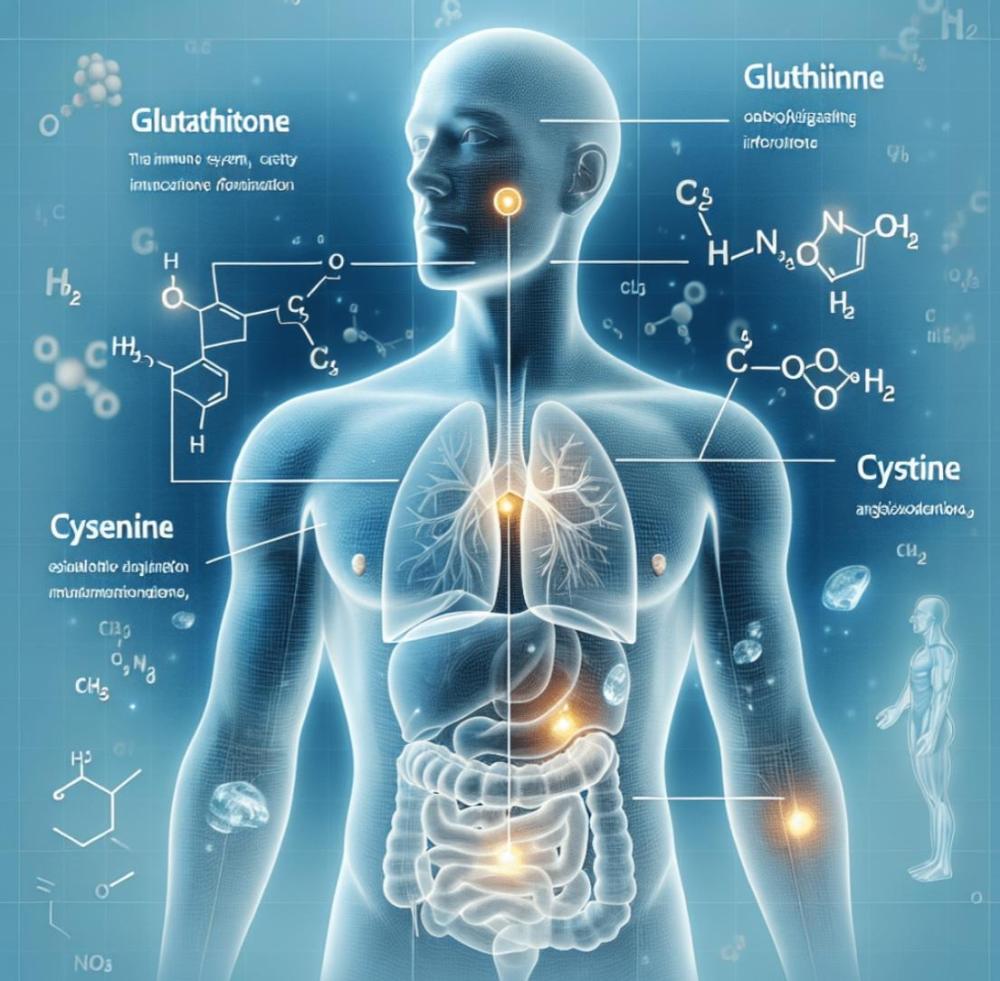
Our brain will die without glutathione and this causes damage to the mitochondria.
This study since the date
January 21, 2013
Glutathione deficiency leads to damage to mitochondria in the brain.
M
It has long been known that mitochondria produce hydrogen peroxide. Several potential pathways can be used to eliminate hydrogen peroxide. However, it is clear that glutathione-dependent reactions are of greater importance in reducing hydrogen peroxide in mitochondria.
progress
The results in animal experiments model human diseases in which glutathione synthesis is deficient. Patients with these conditions typically experience symptoms and signs of dysfunction of the nervous system and brain.
This is the
Results are relevant to some newborns, especially IVF babies, who generally show a deficiency in trans-sulfonation, the process by which the methionine sulfide atom is used in cysteine synthesis.
In light of this
Under these circumstances, cysteine becomes an essential nutrient, and IV nutrition treatments usually do not include cysteine, making it more scarce in the body and thus lowering glutathione levels, since cysteine is used to produce it.
It is often
Inhibition of glutathione synthesis in neonates is fatal, suggesting that glutathione is essential for metabolism.
What is Mitochondria?
We know?
In biology
Mitochondria are membrane-bound organelles found in most eukaryotic cells. These organelles range in diameter from 0.5 to 10 micrometers. Mitochondria are sometimes described as the "power plants of the cell" because they generate the greatest amount of energy in the cell. In addition to generating cellular energy, mitochondria are involved in a wide range of other processes, such as signaling, cell differentiation, cell death, and the control of cell cycles and growth. Mitochondria have been implicated in numerous human diseases, including mitochondrial disorders and cardiac dysfunction, and may play a fundamental role in
The aging process.
What is mitochondrial damage?
The issue of mitochondrial damage is of great interest.
Mitochondria are receiving increasing attention from the scientific community as a potential side effect of HIV medications. Simply put, mitochondria are the cell's power plants. Within each cell, they are responsible for producing 90% of the cell's energy to maintain its function. The number of mitochondria in a given cell depends on its energy needs and can range from 200 to
Lee 2000.
We all need glutathione to
It has many functions in our bodies and if we do not provide it in sufficient quantities, it may start to cause damage to the mitochondria and failure of the body's organs .
To another.

